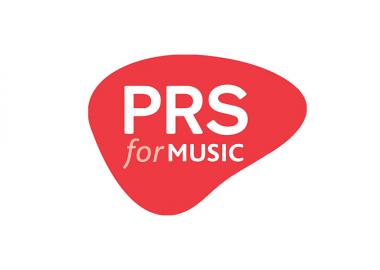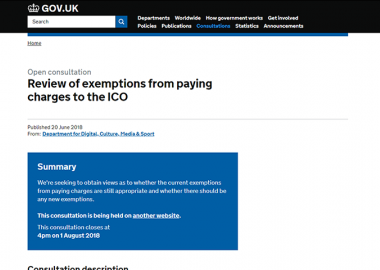The high court has quashed regulations, introduced by the government last year, that made it legal for individuals to copy CDs bought for their own private use, including 'ripping' these onto personal music libraries like iTunes.
Previous to October 2014, it was technically unlawful for you to transfer copyright works from one medium to another – for example by copying the contents of a CD on to a computer, smartphone, MP3 player or media library for personal use. Recognising that this behaviour was widespread (indeed the basis of many heavily-used systems such as iTunes), the government introduced regulations effectively allowing for a personal exemption, arguing that this behaviour had no negative impact on the royalties that would otherwise be recieved by rights-holders.
However, following a judicial review challenge from industry bodies the High Court has ruled that not enough evidence was provided to show that the exemption would have only a minimal impact on lost earnings for rights-holders. That being the case, the government should not legally have allowed the exemption without a mechanism to provide compensation to rights-owners.
So what does it mean for your music collections on your MP3 player, computer, laptop, tablet?...
Although these may now be unlawful once more, according to answers given by the Intellectual Property Office to online publication torrentfreak.com, it's unlikely that the police are going to be smashing down your door to seize your iPod just yet:
As reassurance, the Government notes that people shouldn’t be too concerned because copyright holders are not known to come after people who make a backup of their computers.
“The Government is not aware of any cases of copyright holders having prosecuted individuals for format shifting music solely for their own personal use,” the IPO spokesperson says.










